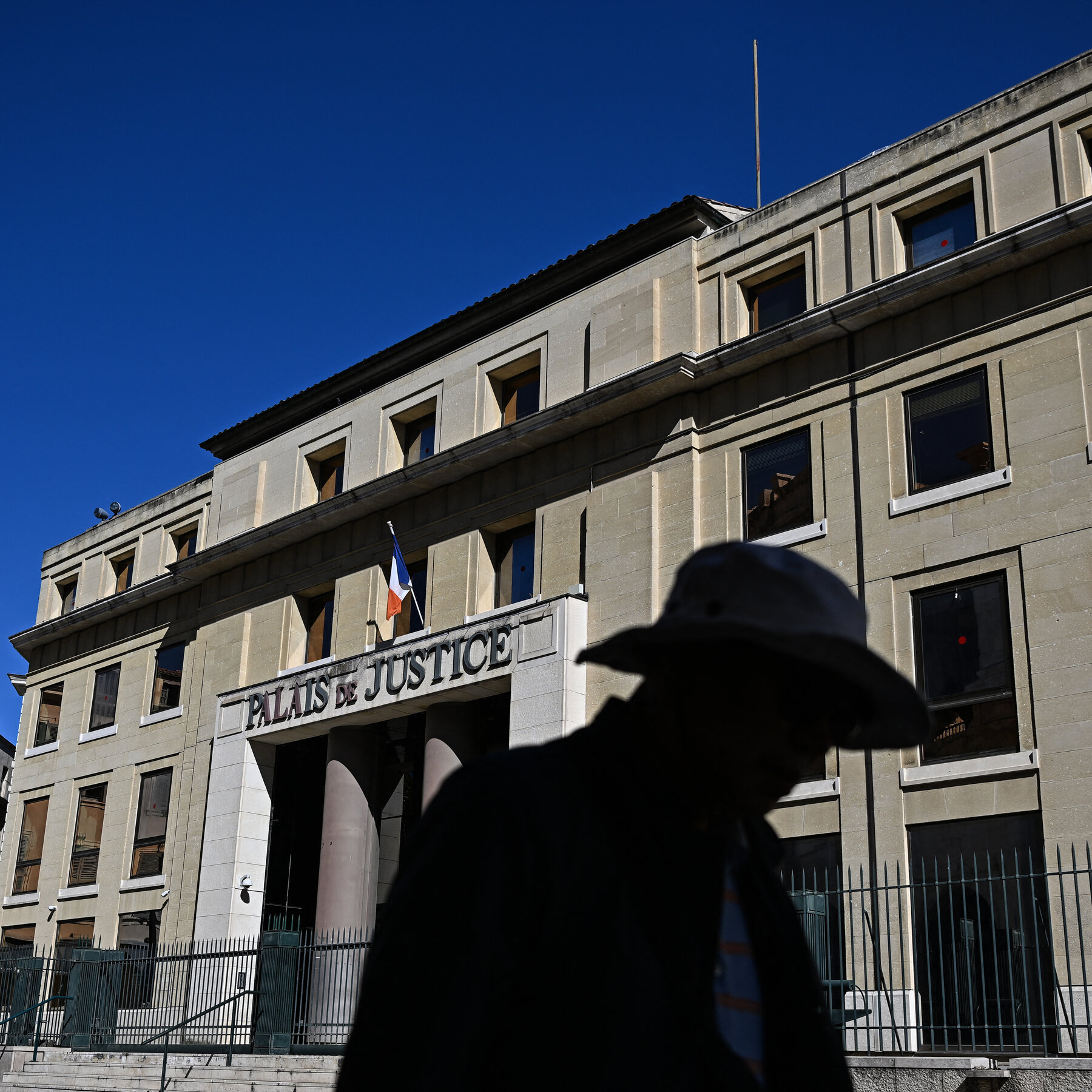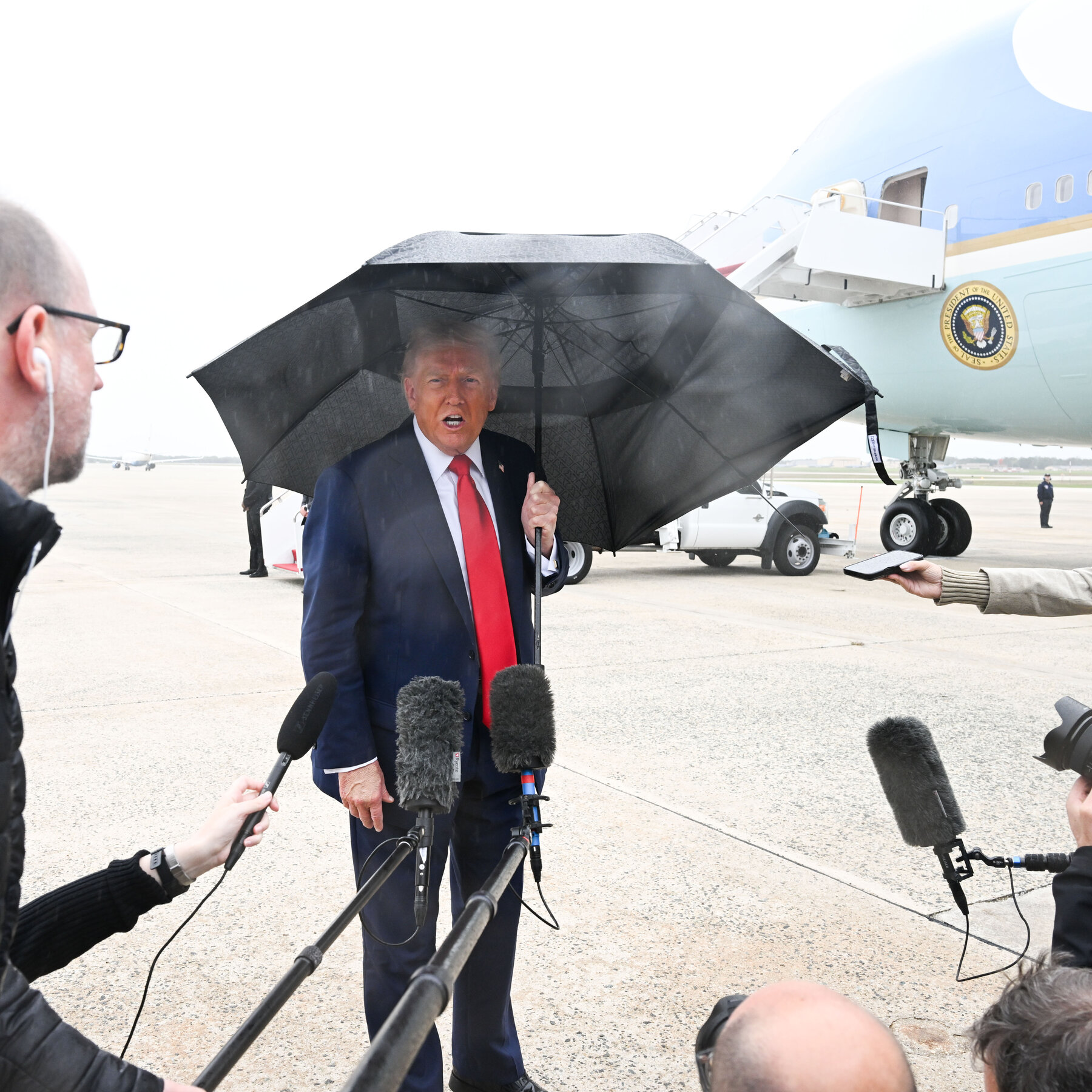Meta Found Not to Have Violated Antitrust Law
Judge Rules That Instagram and WhatsApp Acquisitions Did Not Stifle Competition
A federal judge has concluded that Meta Platforms Inc.’s purchases of Instagram in 2012 and WhatsApp in 2014 did not illegally suppress competition in the social‑networking market. The decision marks a significant legal victory for the technology conglomerate, which has faced intense scrutiny from regulators and competitors for years.
Key Findings
- The court determined that the acquisitions did not create a monopoly or substantially lessen competition in the relevant markets.
- Evidence presented showed that both Instagram and WhatsApp continued to operate as distinct services with separate user bases and feature sets.
- Market analysis indicated that numerous other platforms—such as TikTok, Snapchat, and emerging messaging apps—remain viable competitors.
Background of the Case
The antitrust lawsuit, filed by a coalition of consumer advocacy groups and several smaller tech firms, alleged that Meta’s $1 billion purchase of Instagram and its $19 billion acquisition of WhatsApp were designed to “neutralize” potential rivals. Plaintiffs argued that these deals gave Meta undue control over user data and advertising markets.
Judge’s Reasoning
In a detailed opinion, the judge highlighted that:
- The “relevant market” is not limited to a single type of social interaction but includes a wide array of digital communication tools.
- Meta’s market share, while sizable, does not constitute a dominant position that would enable it to set prices or exclude competitors at will.
- The acquisitions have spurred innovation, with Instagram and WhatsApp introducing new features that have benefited consumers.
Implications for the Tech Industry
Legal experts suggest that the ruling could set a precedent for future antitrust challenges against large technology firms. “This decision underscores the difficulty of proving anti‑competitive intent in fast‑evolving digital markets,” said a professor of antitrust law at a leading university.
Nonetheless, consumer groups plan to appeal the decision, arguing that the ruling fails to consider the long‑term effects of market consolidation on privacy and data control.
What’s Next?
Both sides have indicated they will continue to pursue the case through higher courts. The outcome may influence ongoing regulatory debates in the United States and abroad regarding the oversight of major tech conglomerates.







